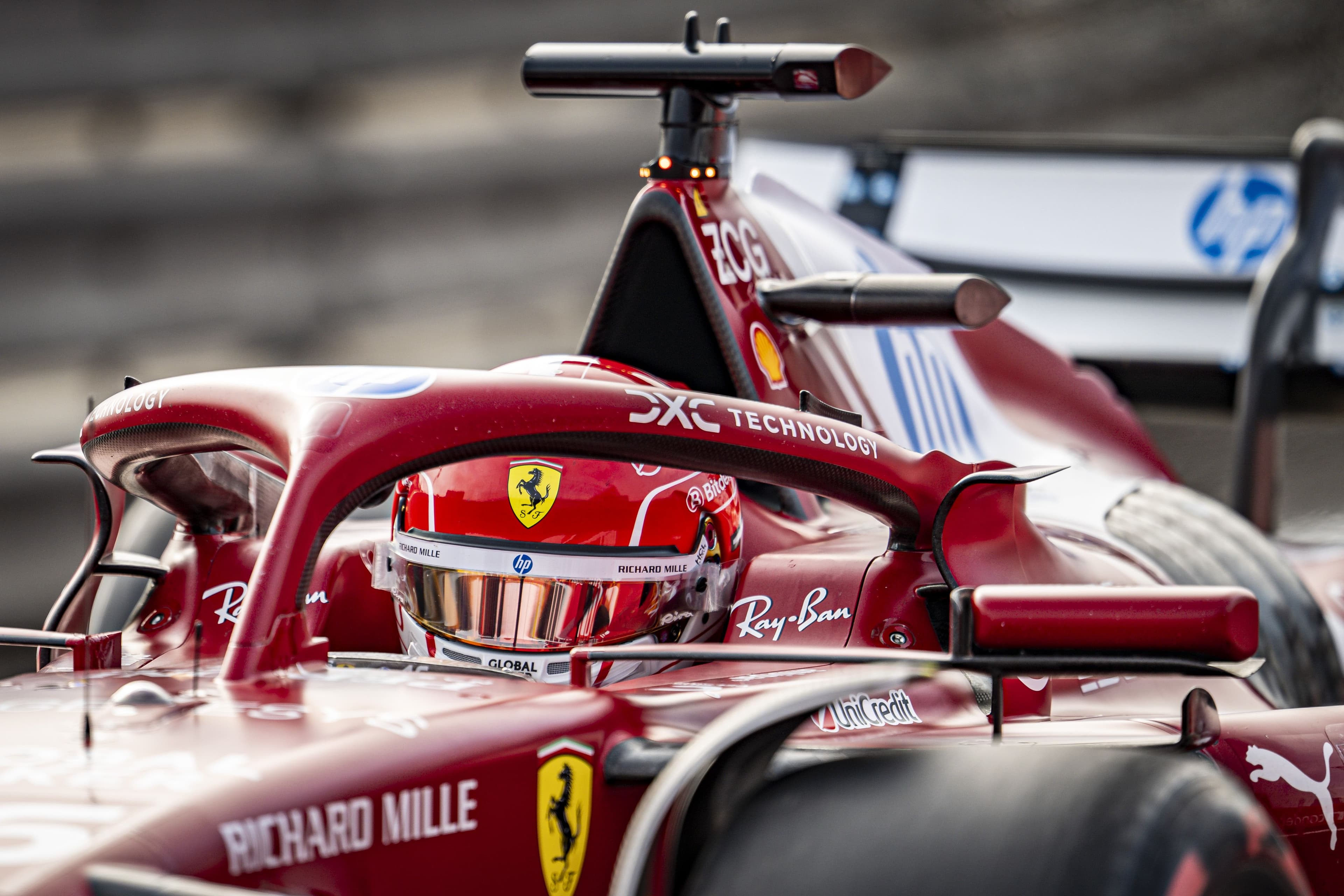Formula One’s commercial boom continues, with the average team valuation climbing to US$3.42 billion in 2025 according to new estimates from Sportico. The figure represents a 48 percent increase year-on-year and more than double the average valuation recorded just two years ago.
At the top of the table, Ferrari once again leads the sport’s financial rankings, valued at US$6.4 billion, ahead of Mercedes at US$5.88 billion and a resurgent McLaren, now valued at US$4.73 billion.
McLaren’s 203 Percent Rise Signals a New Era
One of the most striking stories in the latest valuations is the dramatic rise of McLaren, whose value has increased 203 percent since 2023. This surge reflects a combination of strong on-track performance, strategic investment, and renewed commercial momentum.
By contrast, Red Bull, valued at US$4.32 billion, has experienced a slower rise of 79 percent over the same period, still significant but no longer enough to maintain their long-held commercial position over McLaren.
Rounding out the top five is Aston Martin at US$3 billion, supported by an aggressive investment strategy led by team owner Lawrence Stroll, who recently attracted backing from Arctos Partners and HPS Investment Partners.
A Billion-Dollar Grid: Nearly Every Team Tops US$2 Billion
The middle of the grid also reflects Formula One’s accelerating commercial growth.
Teams valued above US$2 billion include:
- Williams – US$2.14 billion
- Alpine – US$2.08 billion
- Racing Bulls – US$2.05 billion
Only three teams surpassed the US$2 billion mark in 2023. In 2025, nearly the entire grid has exceeded that threshold, a clear sign of Formula One’s evolution into one of the world’s most valuable sports leagues.
Reports earlier this year indicated that Racing Bulls rejected a US$2 billion takeover bid, reinforcing the strength of the market and the rising appeal of team ownership.
Audi’s Arrival, Big Investors, and a Record-Breaking Market
Ahead of their full rebrand to Audi in 2026, Sauber is valued at US$1.88 billion, buoyed by minority investment from the Qatar Investment Authority (QIA).
Haas, the lowest-valued team at US$1.68 billion, would have ranked fourth in 2023, further evidence of just how quickly valuations have escalated.
Only the NFL (US$7.13 billion average) and NBA (US$5.51 billion average) now surpass Formula One in global team valuation metrics, placing F1 ahead of Major League Baseball, the NHL, and every football league worldwide.
Scarcity: The Engine Behind Formula One’s Value Explosion
The primary driver behind Formula One’s soaring valuations is scarcity. With only ten teams currently on the grid and just one new entrant, Cadillac, set to join next season, ownership opportunities are extremely limited.
Cadillac was required to pay a US$450 million anti-dilution fee simply to enter the championship, a figure that underscores both the exclusivity and commercial strength of the series.
Despite the Concorde Agreement technically allowing for a 12th team, Formula One CEO Stefano Domenicali has repeatedly stated that the sport “does not have room” for additional entrants beyond Cadillac. That stance ensures that team slots remain one of the rarest assets in elite global sport.
A Financial Powerhouse Accelerating Into the Future
Formula One’s valuation surge reflects a combination of global audience expansion, commercial sophistication, long-term media deals, and strategic team investments, all amplified by the sport’s unique scarcity model.
With franchise-style economics, new markets opening, and even the lowest-valued team now approaching US$2 billion, F1 has firmly established itself as one of the most valuable sports ecosystems in the world.
As the 2026 regulations, Audi’s arrival, and new investor groups gather momentum, the upward trajectory of team valuations shows no signs of slowing, and the business of Formula One continues to set the pace for the rest of global sport.
Sources: SportsPro, Sportico





